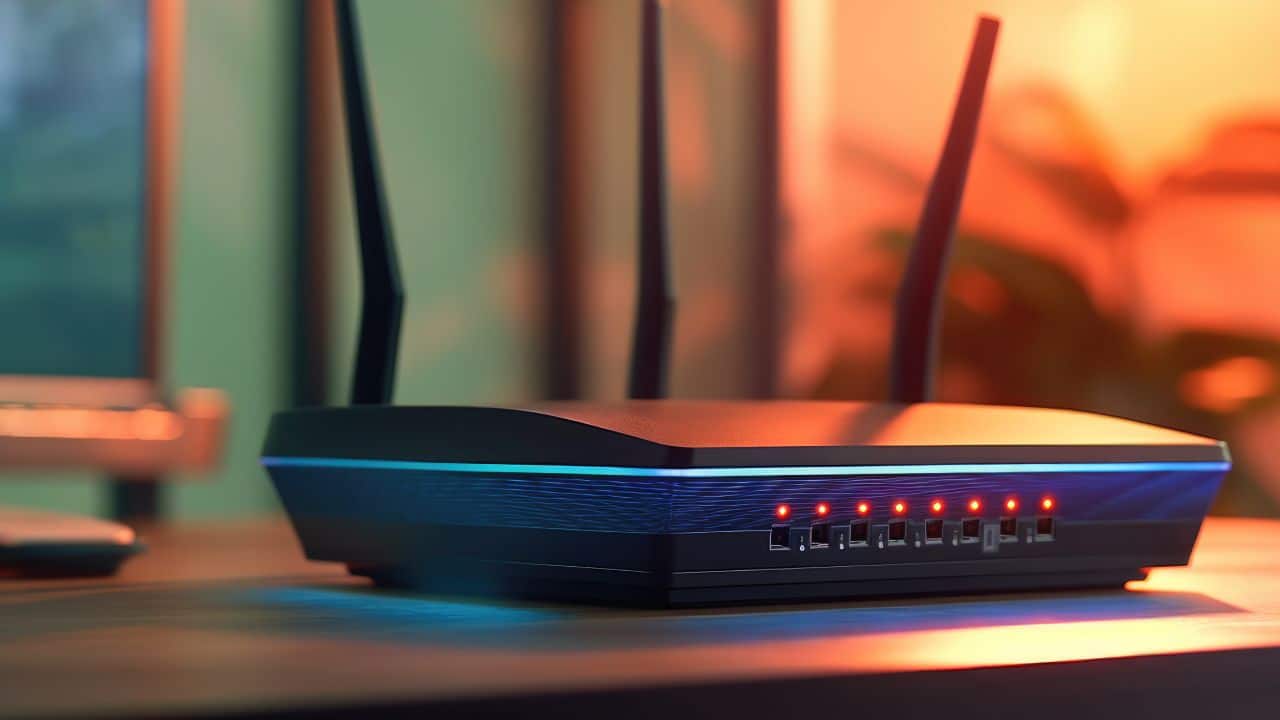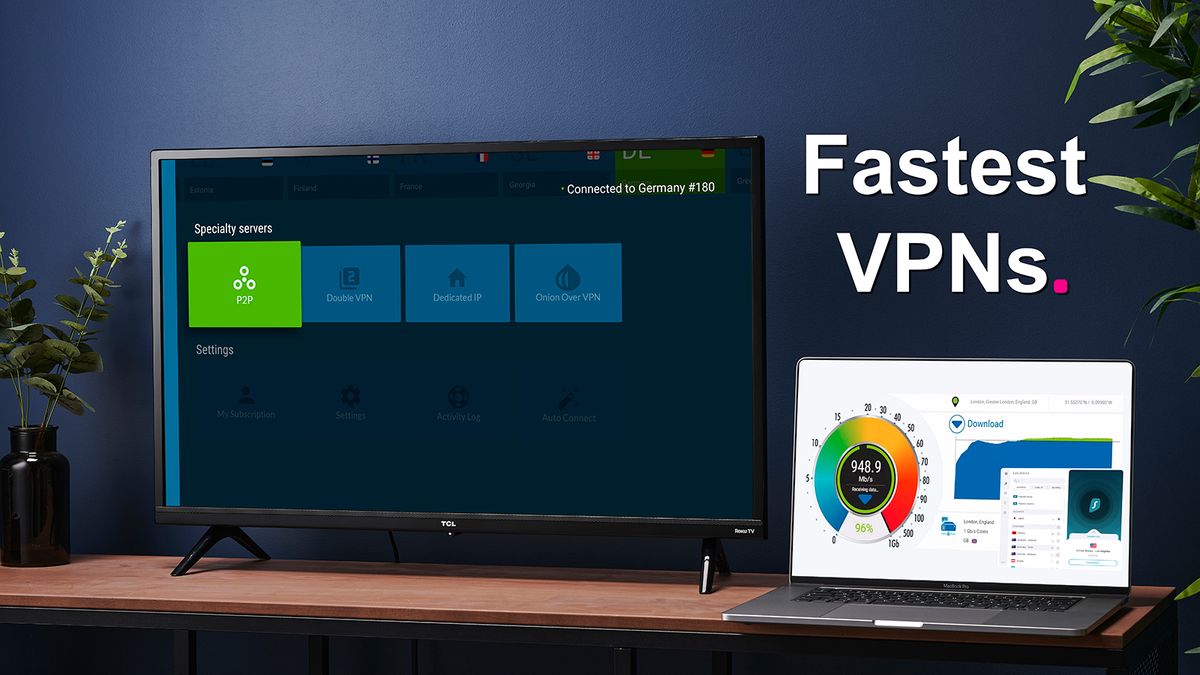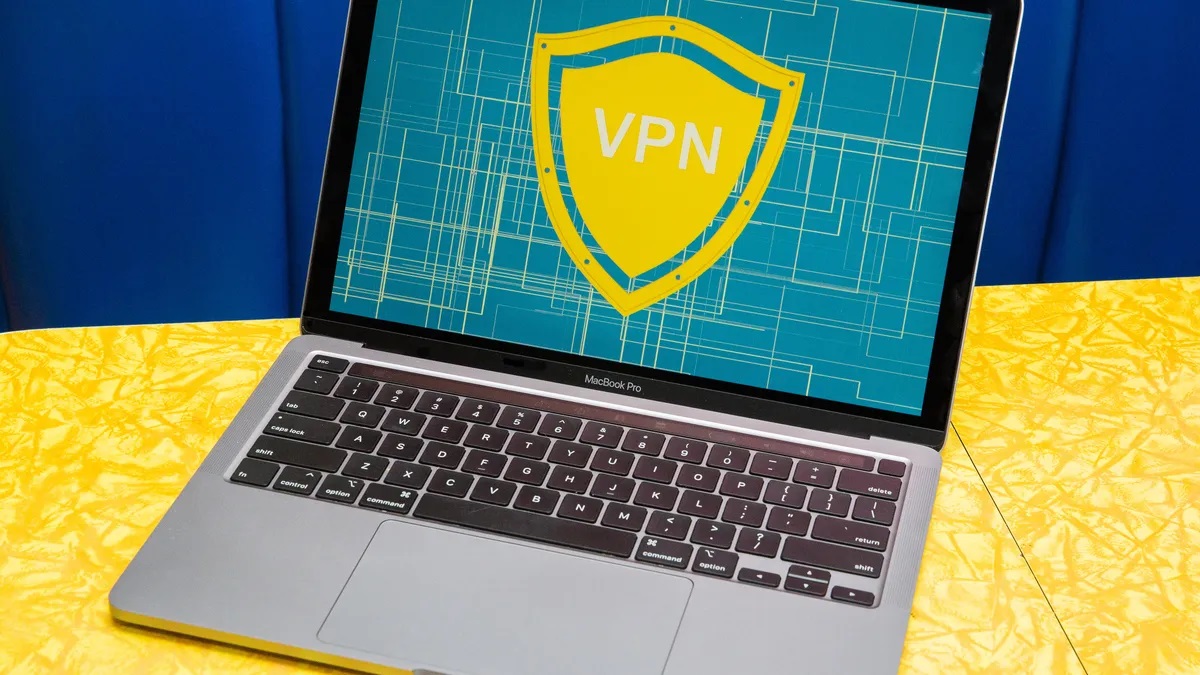Home>Software and Apps>Exploring VPN Encryption Types


Software and Apps
Exploring VPN Encryption Types
Modified: September 5, 2024
Learn about different VPN encryption types used by software and apps. Understand how encryption impacts your online security and privacy. Choose the best encryption for your needs.
(Many of the links in this article redirect to a specific reviewed product. Your purchase of these products through affiliate links helps to generate commission for Techsplurge.com, at no extra cost. Learn more)
Table of Contents
What is VPN Encryption?
Encryption converts plaintext data into unreadable ciphertext, protecting it from unauthorized access. In VPNs, encryption secures data as it travels through the internet, making interception and reading by third parties impossible without the decryption key.
How Does VPN Encryption Work?
When connecting to a VPN, data is routed through an encrypted tunnel. This process involves several steps:
- Encryption: Data is encrypted using an algorithm, converting it into unreadable ciphertext.
- Transmission: Encrypted data travels through the internet.
- Decryption: The VPN server decrypts the ciphertext, making it readable.
- Forwarding: Decrypted data is forwarded to its internet destination.
- Re-Encryption: Returning data is re-encrypted before being sent back to your device.
- Decryption Again: The VPN client decrypts the data, making it readable once more.
This ensures data remains confidential and secure, even over public networks like Wi-Fi hotspots.
Types of Encryption Algorithms
Encryption algorithms are the backbone of VPN security, determining how data is encrypted and decrypted. Two primary types exist: symmetric and asymmetric.
Symmetric Encryption
Symmetric encryption uses the same key for both encryption and decryption. This method is fast and efficient, ideal for encrypting large amounts of data. Common symmetric encryption algorithms include:
- AES (Advanced Encryption Standard): Known for its high security and efficiency, AES supports key sizes of 128, 192, and 256 bits, encrypting data in fixed block sizes (128 bits).
- Blowfish: Known for speed and effectiveness, Blowfish uses variable-length keys (32 to 448 bits), suitable for applications where security and performance are critical.
- Camellia: Similar to AES in terms of security and performance, Camellia supports key sizes of 128, 192, and 256 bits, widely used in various security protocols.
Asymmetric Encryption
Asymmetric encryption uses a pair of keys: a public key for encryption and a private key for decryption. This method is more secure but slower than symmetric encryption, typically used for securely exchanging keys and in digital signatures.
- RSA (Rivest-Shamir-Adleman): Widely used for secure key exchanges and digital signatures, RSA is slower than symmetric encryption and generally used in conjunction with symmetric encryption for key exchange.
Handshake Encryption
Handshake encryption secures the initial connection between a client and a VPN server. Asymmetric encryption is typically used during the handshake process to securely exchange symmetric encryption keys, ensuring encryption keys used for data transmission are secure and cannot be intercepted.
Encryption Keys
Encryption keys are strings of data used by encryption algorithms to encrypt and decrypt information. The strength of an encryption system largely depends on the length and complexity of its keys. For example, a 128-bit encryption key allows for 2^128 possible combinations, while a 256-bit key allows for 2^256 possible combinations. Longer keys provide stronger encryption.
VPN Encryption Protocols
VPN protocols generate a secured encrypted path for data transmission. Common VPN protocols include:
- OpenVPN: An open-source VPN protocol using SSL/TLS for encryption, highly configurable, supporting various encryption algorithms.
- SSTP (Secure Socket Tunneling Protocol): Developed by Microsoft, SSTP uses SSL/TLS for encryption, known for ease of use and strong security features.
- WireGuard: A relatively new VPN protocol gaining popularity due to its simplicity and high performance, using modern cryptography designed to be fast and secure.
Best VPN Encryption Standards
Choosing a VPN with strong encryption standards is crucial. Some of the best VPN encryption standards include:
- AES-256: Known for its high level of security and efficiency, AES-256 uses a 256-bit key.
- SHA-256: A cryptographic hash function providing strong data integrity, commonly used in VPNs to ensure data has not been tampered with during transmission.
- RSA: Used for secure key exchanges and digital signatures, RSA provides strong security for key exchange despite being slower than symmetric encryption.
- HMAC: Combining a cryptographic hash function with a secret key, HMAC provides data integrity and authentication, widely used in VPNs to verify transmitted data integrity.
Perfect Forward Secrecy (PFS)
Perfect Forward Secrecy (PFS) ensures encryption keys are not reused. Instead, new keys are generated for each session, making it impossible to decrypt previous sessions even if a key is compromised. PFS significantly enhances VPN connection security by preventing long-term key exposure.
Common VPN Ciphers
In addition to encryption algorithms, VPNs use various ciphers to perform data encryption and decryption. Common ciphers include:
- AES: Fast and efficient, AES is ideal for encrypting large amounts of data.
- Blowfish: Known for speed and effectiveness, Blowfish uses variable-length keys (32 to 448 bits), suitable for applications where security and performance are critical.
- Camellia: Similar to AES in terms of security and performance, Camellia supports key sizes of 128, 192, and 256 bits, widely used in various security protocols.
Does a VPN Always Encrypt All Traffic?
While a VPN connection is usually always encrypted, exceptions exist. Some VPNs offer split tunneling, allowing users to route some traffic through the VPN while other traffic goes directly to the internet without encryption. This feature is useful for certain apps or services that won’t play nice with a VPN or where speed is paramount.
Is VPN Encryption End-to-End?
A VPN connection is designed to provide end-to-end encryption, meaning only the sender and receiver can read the sensitive information. However, not all VPNs are created equal. Some may use weaker encryption methods or have vulnerabilities in their implementation, potentially compromising connection security.
Understanding the various types of encryption algorithms, ciphers, and protocols used in VPNs is crucial for ensuring the security of your online activities. By choosing a VPN that uses strong encryption standards like AES-256 and SHA-256, and features like PFS, you can significantly enhance the security of your data. Always take additional precautions to protect your data, especially when using public networks.














